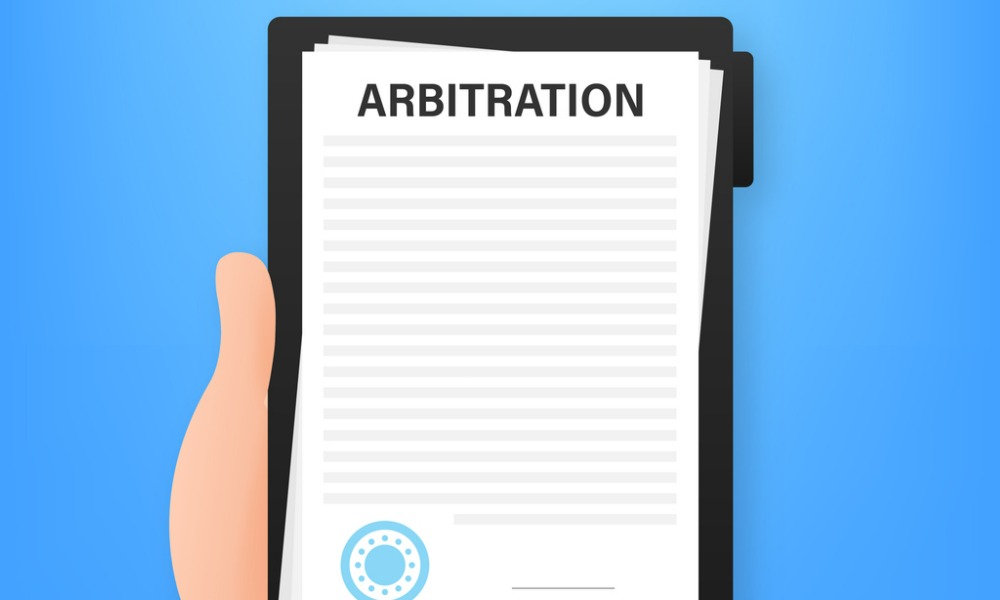
Three employees learned the hard way that you don’t sign something before reading it

The California Court of Appeal recently upheld the authenticity of an arbitration agreement since the former employees failed to prove that they did not sign the agreement or that their signatures were forged or inauthentic.
In 2018 and 2019, the three plaintiffs in the case of Iyere v. Wise Auto Group started working for Wise Auto Group, doing business as Infiniti of Marin. Two plaintiffs were sales consultants, while the other was a sales manager.
In 2021, the plaintiffs brought a joint complaint against Wise and one of its employees. They alleged discrimination, harassment, retaliation, contractual breach, torts, statutory rights violation, and wrongful termination in violation of public policy.
Wise filed a motion to compel each plaintiff to submit his claims to individual arbitration. It provided the following evidence:
The trial court denied the motion. It said that the arbitration agreement was procedurally and substantively unconscionable and that Wise failed to prove the authenticity of the signatures. Wise appealed.
The California Court of Appeal for the First District reversed the trial court’s decision. The appellate court returned the matter to the trial court and directed it to grant Wise’s motion to compel arbitration in line with the arbitration agreement.
The plaintiffs failed to offer admissible evidence disputing the authenticity of the arbitration agreement, the appellate court ruled. They failed to prove that they did not sign the agreement and that the signatures were not theirs, the appellate court said.
Although the plaintiffs alleged that they did not remember signing the arbitration agreement, they also said that they got a stack of documents on their first day of work, immediately signed the papers as instructed, and returned them.
The plaintiffs did not deny that the stack included the arbitration agreement. They also did not object to the HR director’s statement that the document attached to his declaration reflected a true and correct copy of the agreement.
Wise acknowledged that the plaintiffs offered substantial evidence that the arbitration agreement was procedurally unconscionable. However, the Court of Appeal found no proof that the agreement was substantively unconscionable.
The appellate court disagreed with the trial court’s finding that the agreement violated section 925 of California’s Labor Code since it stated that the Federal Arbitration Act (FAA) would govern it. The FAA did not provide substantive rules of law for resolving disputes, the appellate court explained.
The Court of Appeal also rejected the trial court’s conclusion that the agreement was substantively unconscionable because one of its provisions, which allowed the defendant to choose between two arbitration providers, unfairly favored Wise since it was more likely to be the one defending itself. The ability to choose between two arbitration providers did not give Wise a significant advantage since both were recognized and respected alternative resolution firms, the appellate court said.